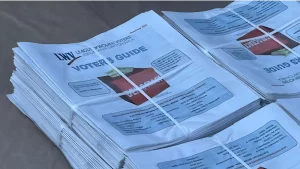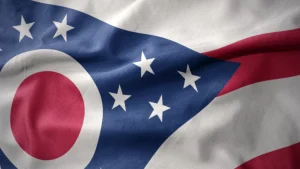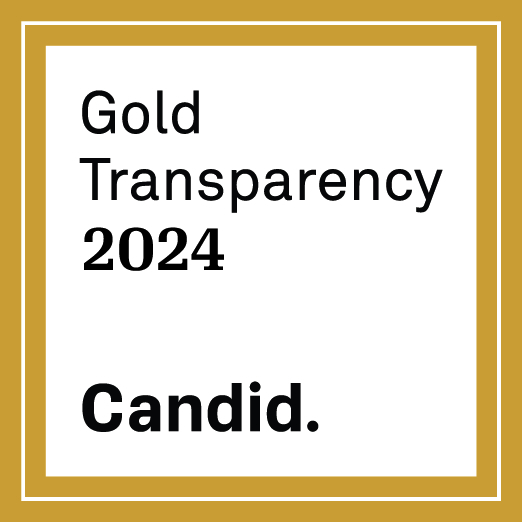Verify your Sources
The following are fact-checkers recommended by the Berkeley Library at the University of California. Click on this link to access the full guide about identifying fake news.
● Politifact: Pulitzer Prize winning site run by editors and reporters from the Tampa Bay Times (Florida) newspaper. “PolitiFact is a fact-checking website that rates the accuracy of claims by elected officials and others who speak up in American politics…. The PolitiFact state sites are run by news organizations that have partnered with the Times.” Read about their principles under ‘About Us.’
● FactCheck.org: “FactCheck.org is a project of the Annenberg Public Policy Center of the University of Pennsylvania….a nonpartisan, nonprofit “consumer advocate” for voters that aims to reduce the level of deception and confusion in U.S. politics. We monitor the factual accuracy of what is said by major U.S. political players in the form of TV ads, debates, speeches, interviews and news releases.”
● FlackCheck: “Headquartered at the Annenberg Public Policy Center of the University of Pennsylvania, FlackCheck.org is the political literacy companion site to the award-winning FactCheck.org. The site provides resources designed to help viewers recognize flaws in arguments in general and political ads in particular.”
● OpenSecrets.org: “Nonpartisan, independent and nonprofit, the Center for Responsive Politics is the nation’s premier research group tracking money in U.S. politics and its effect on elections and public policy.”
● Fact Check (Washington Post): “The purpose of this Web site, and an accompanying column in the Sunday print edition of The Washington Post, is to “truth squad” the statements of political figures regarding issues of great importance, be they national, international or local.”
● Snopes: “The definitive Internet reference source for urban legends, folklore, myths, rumors, and misinformation.”
● Duke Reporters’ Lab: Fact Checking: Includes a database of global fact-checking sites, which can be viewed as a map or as a list; also includes how they identify fact-checkers.
● International Fact-Checking Network fact-checkers’ code of principles: The International Fact-Checking Network “is a forum for fact-checkers worldwide hosted by the Poynter Institute for Media Studies.




